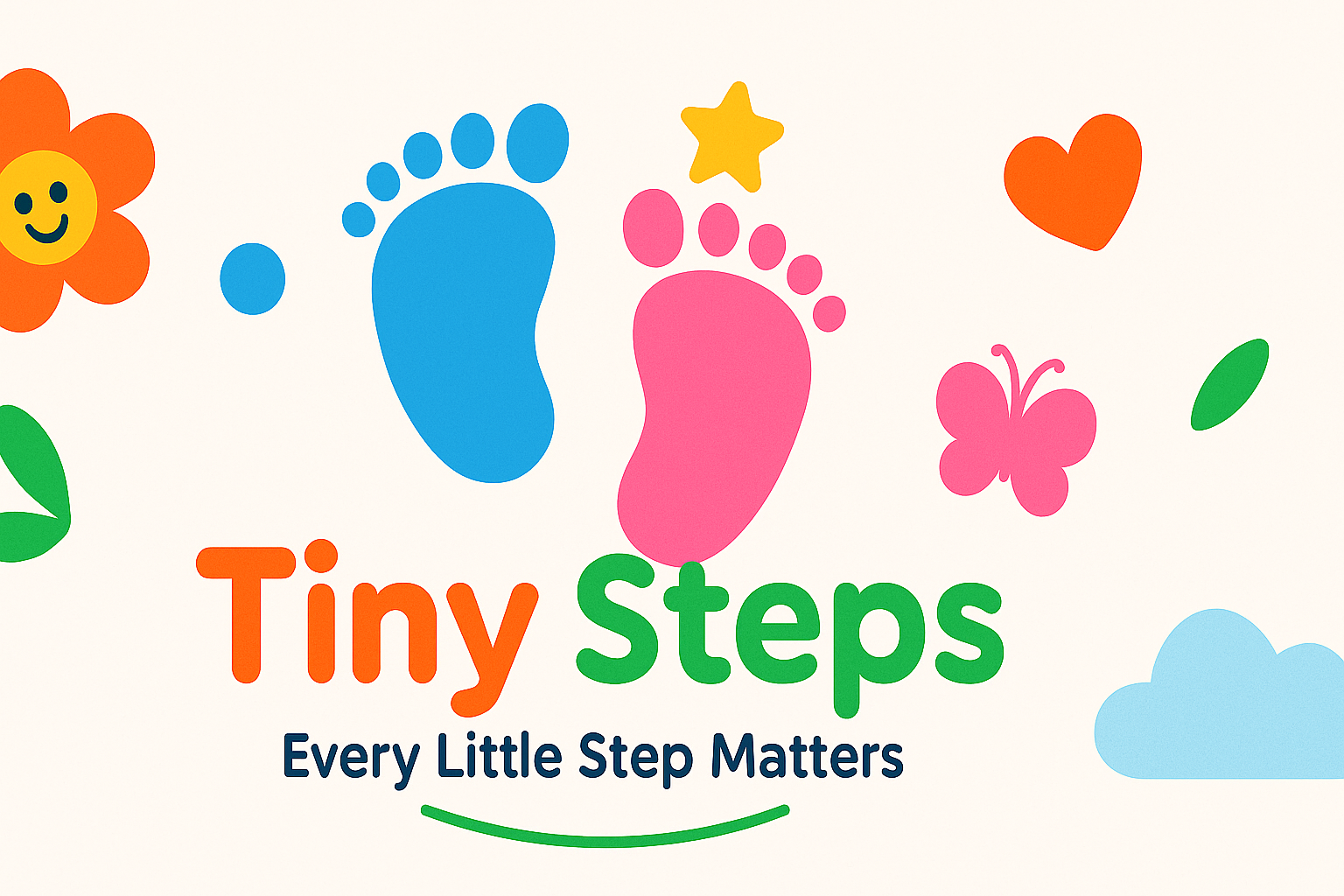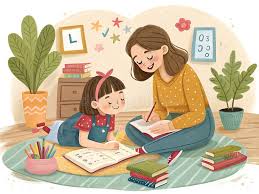Author: M. Sharanya
Published on: July 8, 2025
Speech and language development is one of the most exciting milestones in a toddler’s early years. From first words to full sentences, every step is a sign of growing understanding and communication. If you’re wondering how to help your toddler talk more clearly or frequently, this guide is packed with practical tips to support their speech and language journey.
Contents
Understanding Speech vs. Language
Before diving into tips, it’s important to know the difference:
- Speech refers to how sounds and words are formed (pronunciation).
- Language is about understanding and using words to communicate.
Both are essential, and toddlers develop at different paces. The good news? There’s a lot you can do to help.
1. Talk to Your Toddler Often
Narrate your day, describe what you’re doing, and talk about what your child is seeing. The more words they hear, the more they absorb.
2. Read Together Every Day
Reading is one of the best ways to build vocabulary and comprehension. Choose books with colorful pictures, rhymes, and repetition to keep toddlers engaged.
3. Sing Songs and Nursery Rhymes
Songs are a fun way to develop rhythm, word patterns, and memory. Sing daily to help your child grasp new sounds and phrases.
4. Repeat and Expand
If your toddler says, “car,” you can respond, “Yes, a red car is going fast!” This builds vocabulary naturally through conversation.
5. Avoid Baby Talk
Use correct words and full sentences. It may take time, but toddlers learn by listening to proper speech.
6. Encourage Choices and Questions
Ask open-ended questions: “Do you want the red ball or the blue one?” Encouraging your child to choose gives them a reason to use words.
7. Limit Screen Time
Too much passive screen time can delay speech. Focus on real-world interactions, play, and books for language growth.
When Should You Be Concerned?
Every child develops at their own pace, but here are some signs to watch:
- No words by 18 months
- Not combining two words by age 2
- Difficulty understanding simple instructions
- Unclear speech most of the time by age 3
If you’re concerned, don’t hesitate to talk to your pediatrician or a speech-language therapist. Early intervention can make a big difference.
Final Thoughts
Encouraging speech and language development doesn’t require fancy tools—just love, attention, and conversation. Be patient, stay engaged, and celebrate every new word. The gift of communication starts with everyday moments you share with your toddler.





